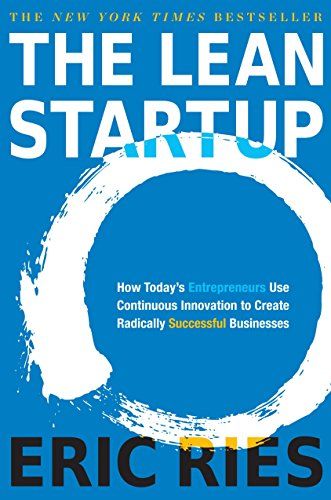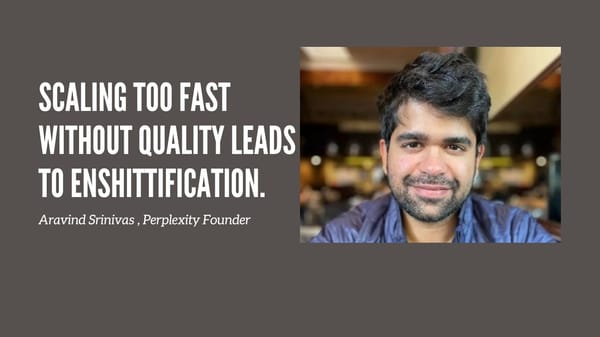The Lean Startup: How Today’s Entrepreneurs Use Continuous Innovation to Create Radically Successful Businesses – Eric Ries

The Lean Startup by Eric Ries presents a strategic approach to entrepreneurship and business development, emphasizing continuous innovation and experimentation to minimize risks and achieve success in the rapidly-changing market.
Embrace the Startup Mindset
A startup is a human institution designed to create new products and services under conditions of extreme uncertainty.
Navigating this uncertainty, entrepreneurs should embrace the startup mindset, focusing on agility, adaptability, and data-driven decision-making.
Pivot or Persevere
Regularly assess whether your startup is making substantial progress toward its goals by holding pivot or persevere meetings.
Effective pivots will require changing one or more aspects of the business while retaining the core vision and validated learning.
The Five Whys
Implement the Five Whys technique to identify and address the root causes of problems.
Encourage a culture of problem-solving by asking why a problem occurred, then repeating the question four more times to uncover deeper underlying issues.
Adaptive Business Strategy
Develop an adaptive business strategy that is able to integrate learning from experimentation, customer feedback, and market conditions.
This enables organizations to remain agile and resilient, fostering long-term success in a constantly evolving marketplace.
Innovation Accounting
Employ innovation accounting to track the progress of your startup, assess its performance, and adapt accordingly.
By prioritizing metrics that matter, you can refine your understanding of the market and adjust your strategy to remain competitive.
Minimum Viable Products
Test your business hypotheses by releasing minimal viable products (MVPs).
These initial versions allow you to learn from customers and adapt your product quickly, shortening development cycles and putting your resources to more effective use.
Continuous Deployment
Practice continuous deployment and release software updates incrementally.
This approach reduces the risk of major errors, speeds up the learning process, and helps to keep up with customers’ changing requirements and preferences.
Customer Development
Focus on customer development as a core activity for your startup.
Engage with customers regularly, empathize with their needs and expectations, validate hypotheses based on customer feedback, and iterate products or services to constantly meet or exceed those expectations.
Build-Measure-Learn Loop
Establish a continuous process called the Build-Measure-Learn loop.
This method integrates quick iterations and constant adaptation to feedback, ensuring that your company is learning and improving the product based on real customer data.
Validated Learning
Focus on validated learning, a systematic approach to measuring the progress of a startup.
This involves setting clear objectives, running experiments, and using data to confirm or refute your assumptions, leading to enhanced decision-making.




